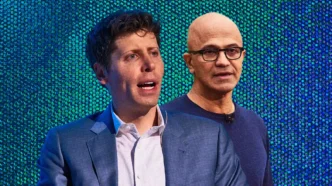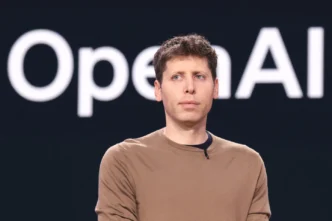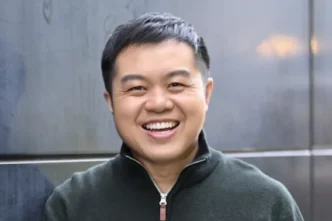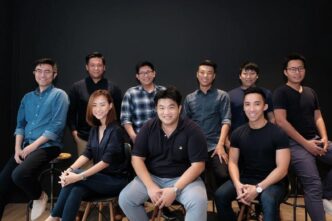In a pivotal Senate hearing this week, top tech executives from OpenAI, Microsoft, AMD, and CoreWeave made one message clear: building out the AI Tech Stack requires more than just domestic ambition—it needs speed, infrastructure, talent, and global cooperation.
The hearing, hosted by the Senate Committee on Commerce, Science and Transportation, lasted over three hours and came as the Trump administration reconsiders how much oversight it wants to exert on the future of artificial intelligence. It follows the rollback of a Biden-era executive order that previously laid down rules for AI development and deployment.
During the session, OpenAI CEO Sam Altman, AMD’s Lisa Su, Microsoft Vice Chair Brad Smith, and CoreWeave CEO Michael Intrator urged lawmakers to accelerate infrastructure permitting and embrace policies that support rapid AI expansion. They stressed the urgency of building more data centers, power plants, and semiconductor fabs—key pillars of the U.S. AI Tech Stack.
Altman emphasized the need for energy and intelligence to grow hand-in-hand. Fresh off a visit to OpenAI’s $500 billion Stargate data center project in Texas, he said the U.S. is leading in AI innovation but risks falling behind if it doesn’t act quickly to build what’s needed.
Building the Foundation for the AI Boom
Microsoft’s Brad Smith laid out a vision for the AI Tech Stack that spans chips, infrastructure, platforms, and applications. His message: America’s leadership in AI will only hold if every part of the ecosystem works together.
“Innovation moves faster with more infrastructure, faster permitting, and more electricians,” Smith told lawmakers, calling on Congress to support a national approach to AI diffusion—that is, deploying AI across every part of the economy.
AMD CEO Lisa Su echoed that sentiment, arguing that U.S. dominance in AI depends on excellence “at every layer of the stack.” She also championed open ecosystems as a core part of maintaining America’s edge, by reducing barriers and encouraging a free flow of ideas.
As AI models demand ever more compute power, the need for chips and data centers has grown rapidly. While the Chips and Science Act aimed to kickstart domestic chip production, delays and high costs are making it hard for startups and incumbents alike to keep up with demand.
Companies like Cerebras are trying to fill the gap with new data center builds tailored for AI training and inference. But according to the executives, much more is needed to stay ahead of global competitors like China.
Where Policy Meets Progress
The hearing revealed sharp differences between the private sector and current government strategy. While Republican lawmakers largely favored a hands-off, market-driven approach to AI, tech leaders argued that smart, flexible policies are essential—not just for growth at home but for global leadership.
Microsoft’s Smith made the case that limiting exports or blocking access to international talent could hurt U.S. innovation more than help. He pointed to recent rules restricting chip exports to certain nations, which sent the wrong message to over 120 countries looking to partner with the U.S. on AI.
“If America wants to lead the world, it must stay connected to it,” Smith warned. “That means faster AI adoption at home and openness abroad.”
Just as the hearing was underway, the Commerce Department announced it would ease some of the Biden-era restrictions on AI chip exports, set to take effect May 15. The move was seen as a nod to the concerns raised by executives.
Despite calls for broader support, the panelists pushed back on pre-approval models or over-regulation similar to those proposed in the EU. They warned that such measures could slow progress and stifle innovation before AI tools reach the market.
AI Diffusion Requires Global Openness
Generative AI now sits in a regulatory gray zone—unlike social media or search engines before it, it’s touching every industry but still largely unregulated in the U.S. That freedom has helped startups like OpenAI move fast. But as AI grows more powerful, the executives acknowledged the need for a balanced approach that welcomes innovation while safeguarding security and trust.
They also made it clear that maintaining U.S. dominance in AI means looking beyond its borders. It means recruiting global talent, selling AI models abroad, and staying open to collaboration—even if that vision differs from the Trump administration’s more inward-looking stance.
Altman closed with a reminder that while the U.S. leads today, it won’t be the only country with powerful AI systems. “There will be great chips and models built around the world,” he said.
And in Smith’s words, “It’s not a race one company—or one country—can win alone.”













